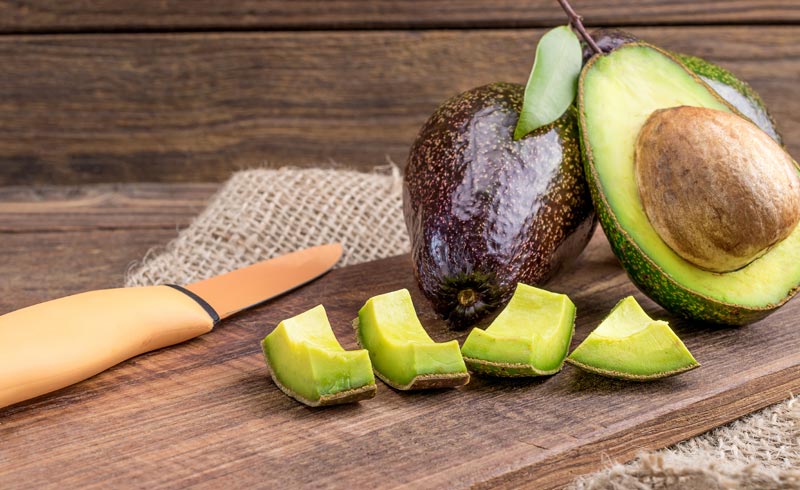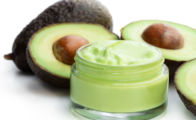It’s deliciously creamy, yet incredibly healthy. Believe it. More and more studies are confirming the fact that avocados contain a myriad of nutrients that are extremely good for you.
Nutritional Information In A Nutshell
Avocados offer broad based nutritional support. One cup (250 ml) cubed avocado provides more than 20% of the daily recommended dietary allowances (RDA) of the following: Pantohenic Acid (42%), Fibre (40%), Vitamin K (35%), Copper (31%), Folate (30%), Vitamin B6 (23%), Potassium (21%), Vitamin E (21%) and Vitamin C (20%).
Healthy Fats
The texture alone is an indication that avocados are high in fat. In fact, fat accounts for about 80% of an avocado’s total number of calories. The good news is that it’s mostly monounsaturated fat – almost 15 of the 22 grams of fat found in one cup of avocado is monounsaturated. This type of fat is proved to have a positive effect on blood cholesterol levels, improving cardiovascular health.
In addition to the high percentage of monounsaturated fats, there are other unique fat qualities attributed to avocados. They provide us with a wide range of phytonutrients, including phytosterols. These are a special group of fats with important anti-inflammatory benefits.
Carotenoid Absorption
Carotenoids are orange-yellow pigments offering outstanding health benefits when they are optimally absorbed into our cells. Foods containing high levels of carotenoids are carrots, sweet potatoes and leafy greens – all low in fat. However, researchers have found that carotenoid absorption is boosted by the simultaneous intake of fat.
This is where the avocado comes into play. Avocados contain carotenoids in and of themselves, but a study where avocado was included in meals containing other carotenoid-rich foods, showed that two to six times more carotenoids were absorbed as a result of the added avocado. It also enhanced the conversion of specific carotenoids, specifically beta-carotene, into active vitamin A.
Impact on Overall Health
Recent studies on the overall impact of avocado as part of a balanced diet, have come up with astonishing results. In one study in the US a number of adults who ate any amount of avocado in 24 hours were compared to a number of adults who ate no avocado in the same period. The ones who included avocado in their diet showed a greater intake of fibre, potassium, vitamin K, vitamin E, magnesium, and mono- as well as polyunsaturated fat. The conclusion reached was that avocado consumption went hand in hand with better overall diet quality.
Regular consumption of avocado (ideally one cup multiple times per week) is likely to be beneficial to your health with regard to insulin regulation, blood sugar control, satiety and weight control as well as decreased risk of unwanted inflammation.











